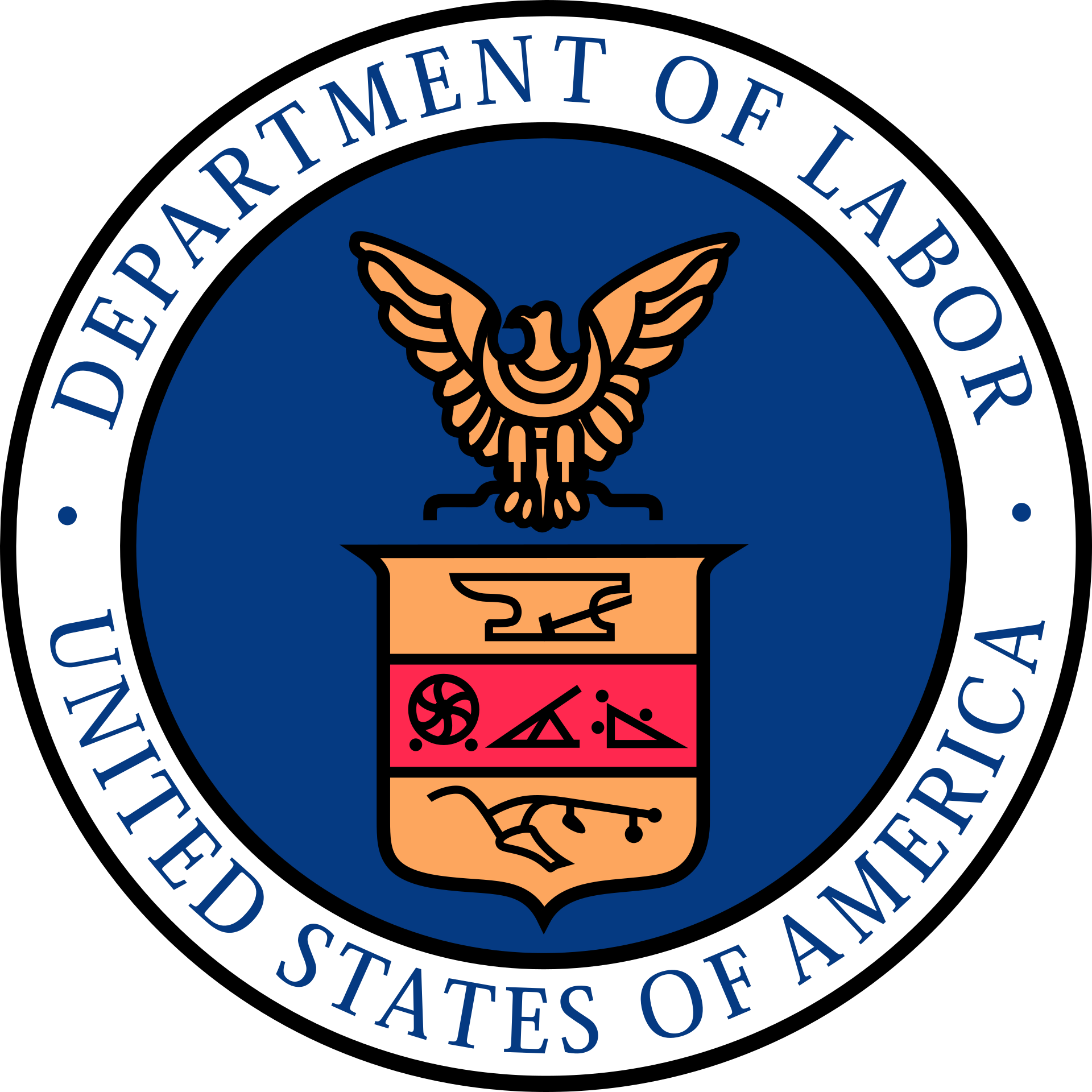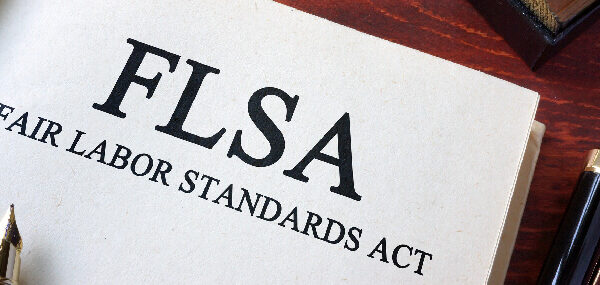As more businesses consider changing their staffing models to include (or increase) the use of shared employees or staffing agencies, the Department of Labor (DOL) has proposed a rule to clarify the coverage of “joint employer liability.”
The current the joint employer rule provides that, if an employee is shared by multiple employers, each employer can be jointly liable for minimum wage and overtime pay violations under federal law.
To avoid joint liability, the existing law requires that the employers be “completely dissociated.”
Sometimes this analysis is simple. For example, if an employee works for a construction company during the day and a waiter at night, there is no connection between the two employers as to that employee.
This analysis becomes more difficult in the franchise and staffing agency contexts, where an employee’s work can benefit the employer and another person.
To clarify the joint employer rule’s application,, the DOL proposes to focus on a potential joint employer’s exercise of control over the terms and conditions of an employee’s work.
To that end, the DOL has proposed a four-factor test:
1. Hiring/firing ability
2. Supervising and controlling work schedules or conditions of employment
3. Determining the rate and method of payment
4. Maintaining employment records
Significantly, the proposed rule tests only an employer’s actual actions as to an employee.
Under current law, an employer’s “theoretical ability” to control an employee could be considered.
The DOL includes several helpful examples with its proposed rule.
In one example, a packaging company requests workers daily from a staffing agency. The packaging company sets hourly pay, supervises work, and adjusts hours based on demand. In this case, the packaging company is a joint employer of the staffing agency’s employees.
In another example, an office hires a janitorial service to clean the building. The office contracts to pay a fixed fee and may, but need not, supervise the janitorial employees’ performance. The office does not set pay or schedules and, in reality, does not supervise performance. There, the office is not a joint employer.
The DOL’s proposed rule is currently in the public comment period. After comments end, a final rule will be issued.






